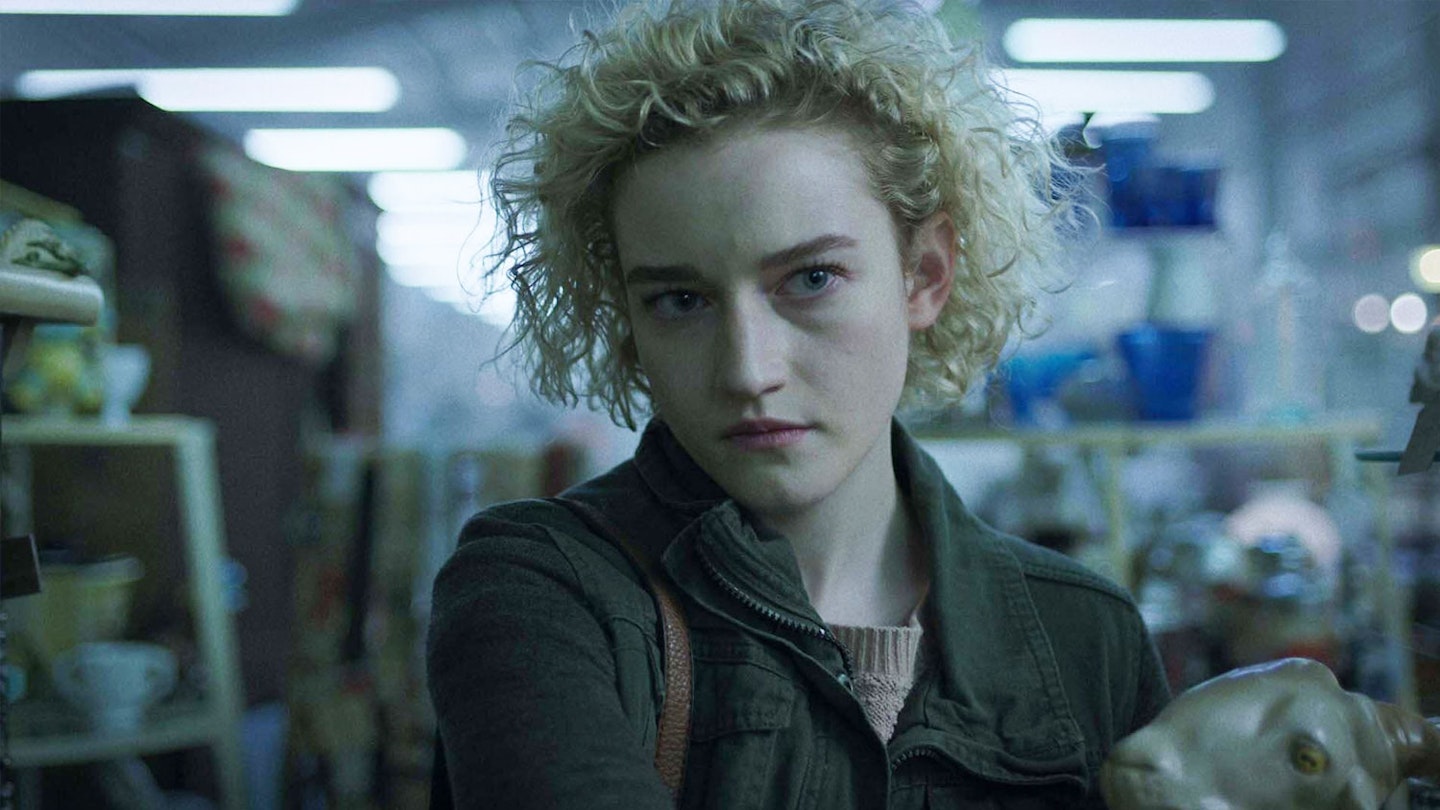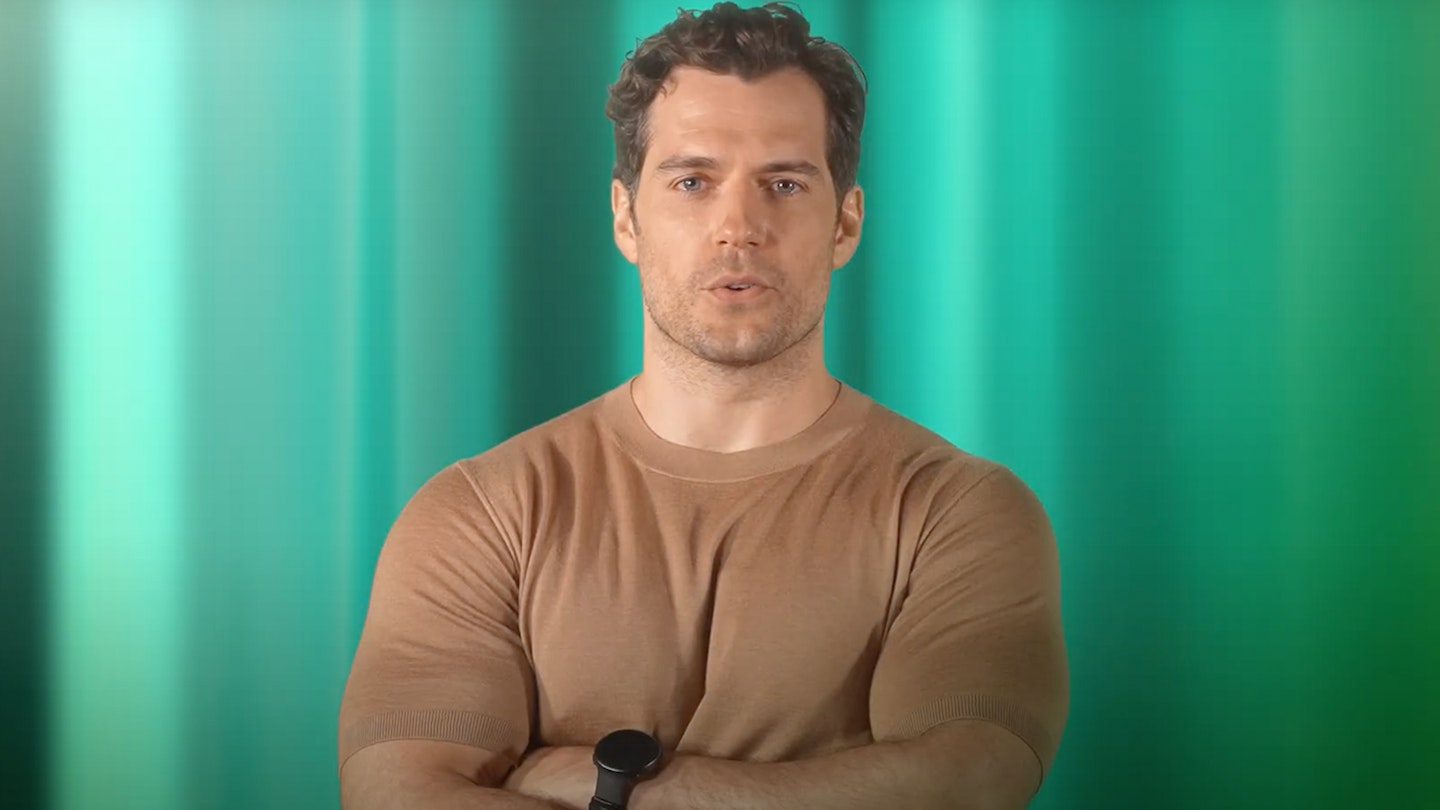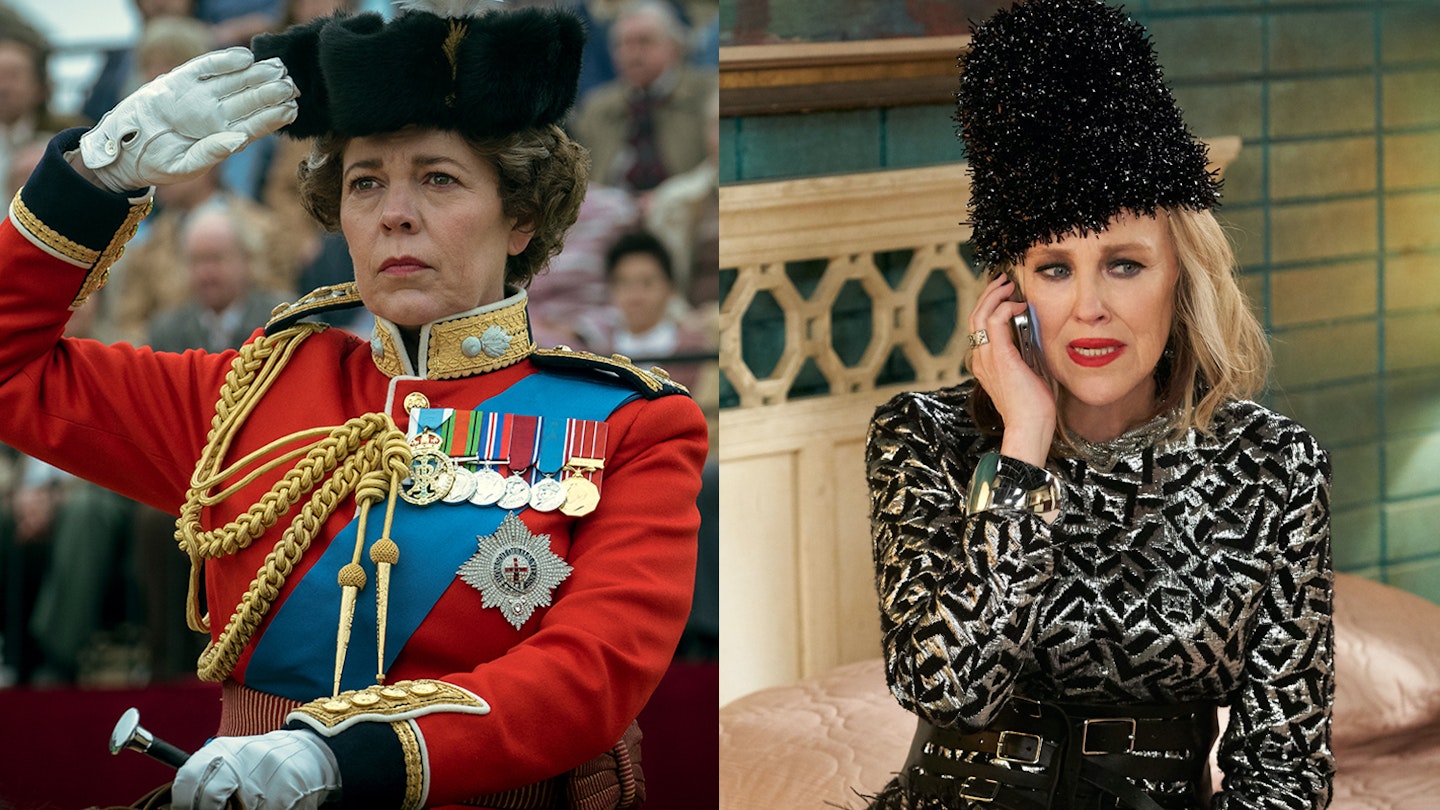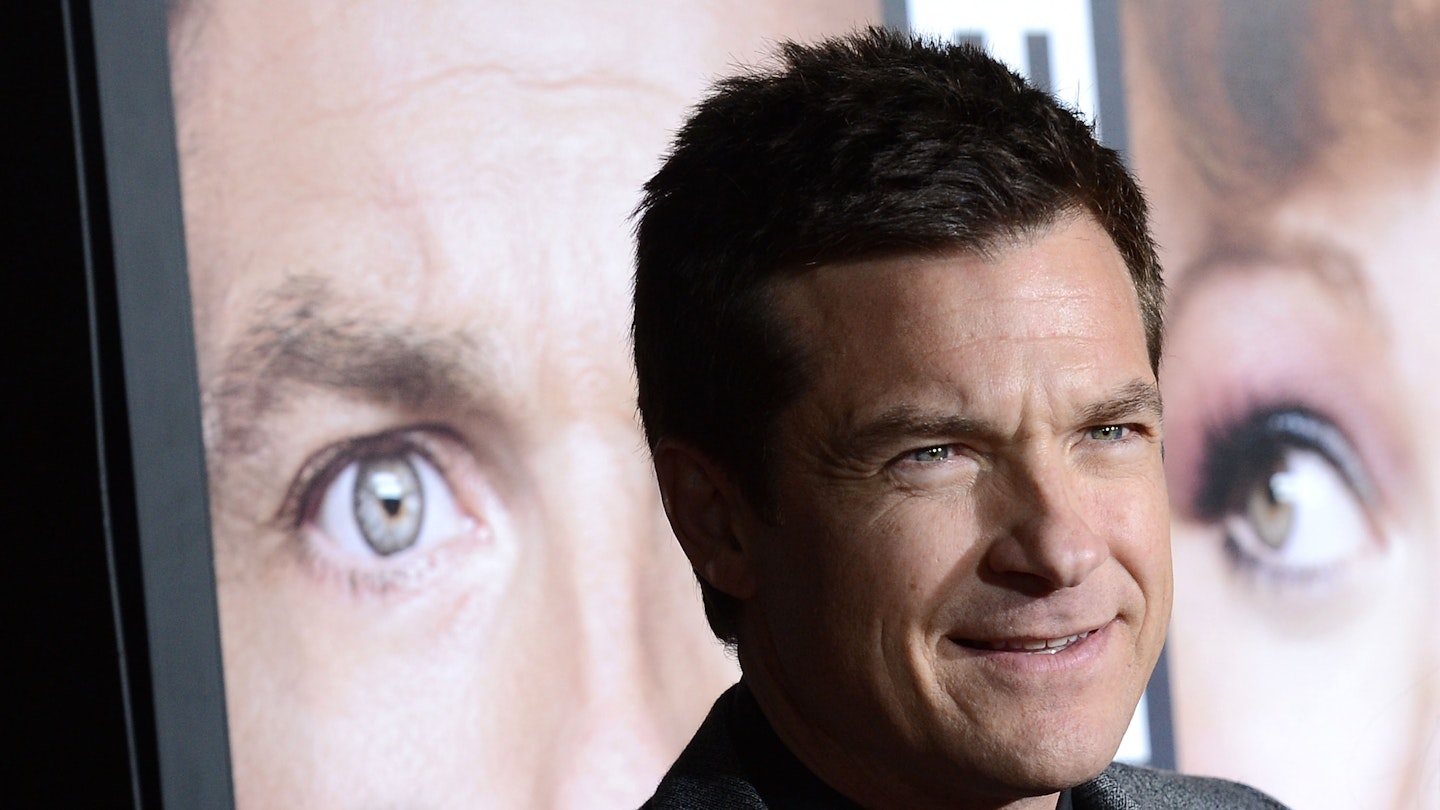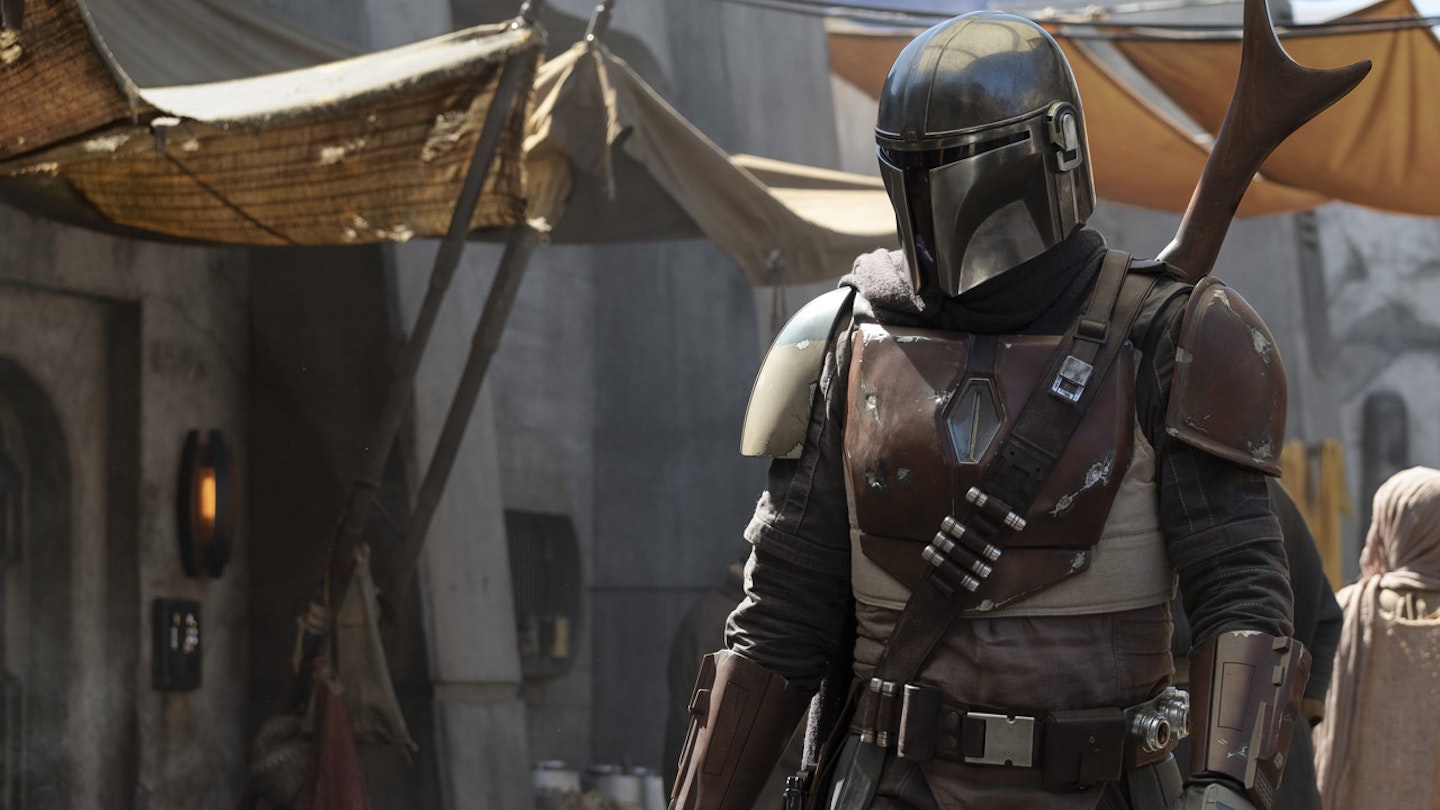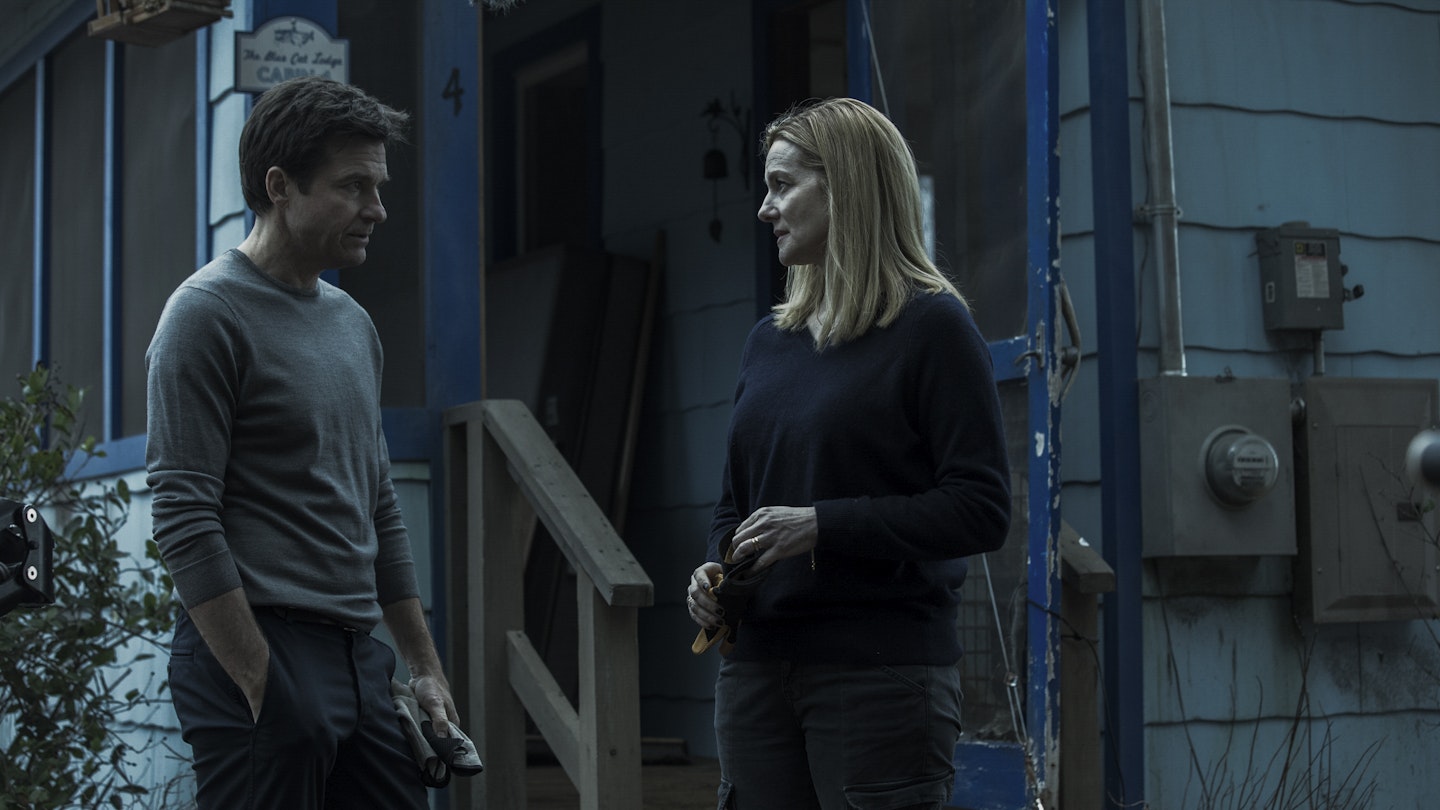Streaming on: Netflix
Episodes viewed: 7 of 7
Few TV finale shocks can top Ozark’s third season. Even hardened HBO lovers gasped when a significant character was murdered, inches from crooked accountant Marty Byrde (Jason Bateman) and his equally bent lobbyist wife Wendy (Laura Linney), soaking the pair in blood and brain matter. Subsequent episodes of Season 4’s first half barely dropped in intensity, testament to routinely believable writing and first-rate performances. A rare mix of criminal malice, insoluble tensions between (and within) families, alongside the darkest gallows humour, Ozark means business. Hopes for the final seven episodes? Higher than a junkie full of Navarro heroin. Expectations that the three core characters will survive? Lower.
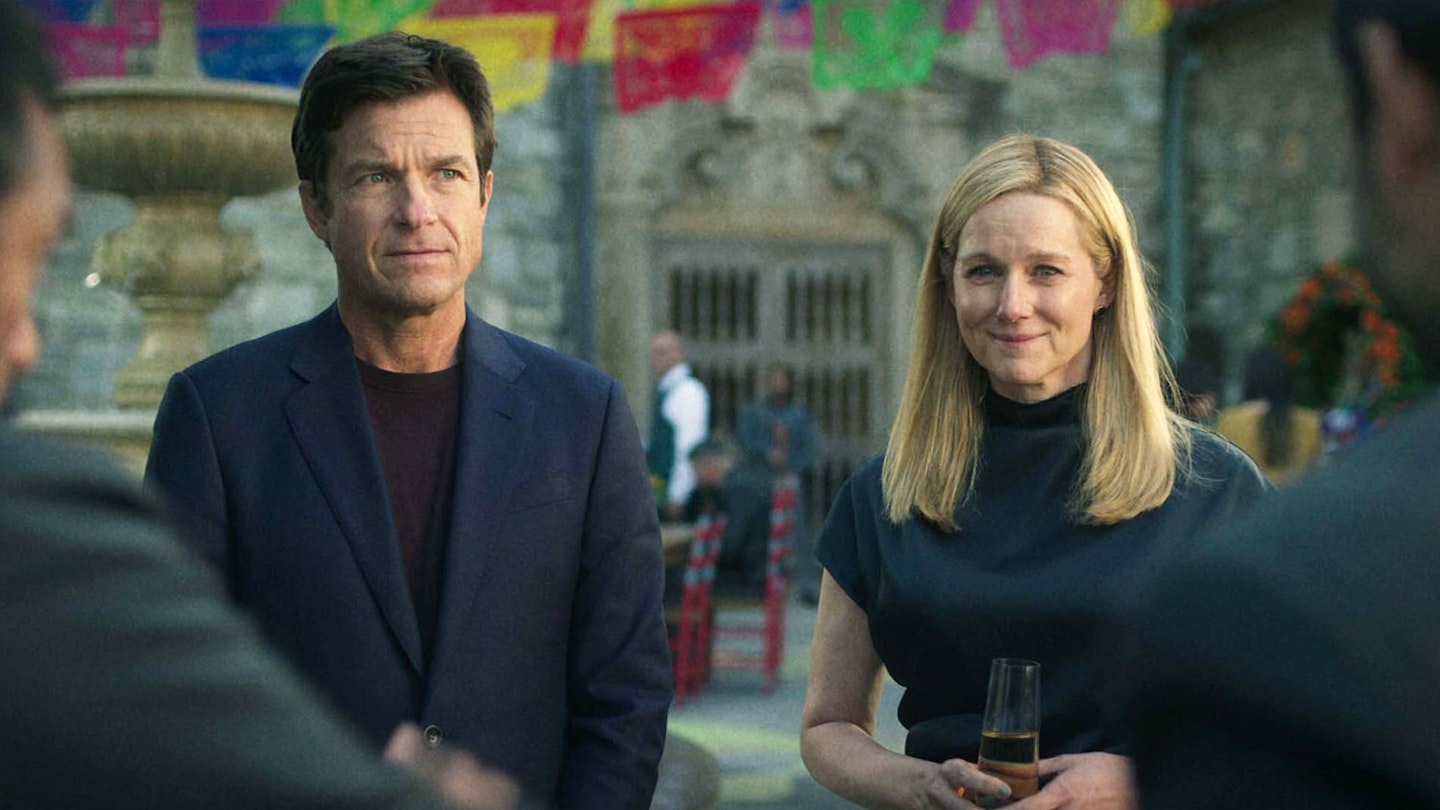
Reeling from another significant character death, Ruth Langmore (Julia Garner) spends the first episode of this last tranche in an oneiric state, thinking of idly smoking weed and chilling to Nas. Her showdown with cartel lieutenant Javi (Alfonso Herrera) is shocking, despite its inevitability — perhaps because it comes in the ostensibly safe chrome-and-glass surroundings of Chicago rather than Missouri’s untamed ‘Redneck Riviera’ where we spend most of the show. Garner is still magnificent as the vulnerable, vicious Ruth and steers much of the drama that follows.
Linney portrays frazzled intensity and worn-out gloom with care.
Later, when imprisoned boss Omar Navarro (Felix Solis) orders Marty to Mexico in his stead, Bateman gets a turn pushing at character possibilities. We’ve seen Marty the master number-cruncher ‘maths’ his way out of trouble many times, but when he orders and watches the water torture of a cartel captain, or viciously assaults a driver in a road-rage incident that caps a Linney-directed episode, he seems callously unworried about violence.
Speaking of Linney, she’s once again at her best depicting Wendy — an all-time monster TV matriarch. Whether suffering the humiliation of losing a court case against her own scoundrel dad, sweet-talking corrupt senators for her nine-digit-rich foundation or inflicting a tongue-lashing on degenerate gamblers at the Missouri Belle, the Byrdes’ floating casino, Wendy won’t yield; Linney portrays frazzled intensity and worn-out gloom with care.
In wrapping things up satisfactorily, Ozark had an unenviable task, one other shows have buckled under. Yet a seemingly dull USP — an accountant’s eye-view of the unwinnable drug war and his enforced funnelling of filthy drug dollars — has been sustained with tricky plotting, fascinating characters and sizzling dialogue. (A choice Langmore line in the penultimate episode: “He ain’t guilty of nothing but being poor and an asshole, and half of that ain’t even his fault.”) Breaking Bad has new company at the zenith of small-screen drug dramas.
